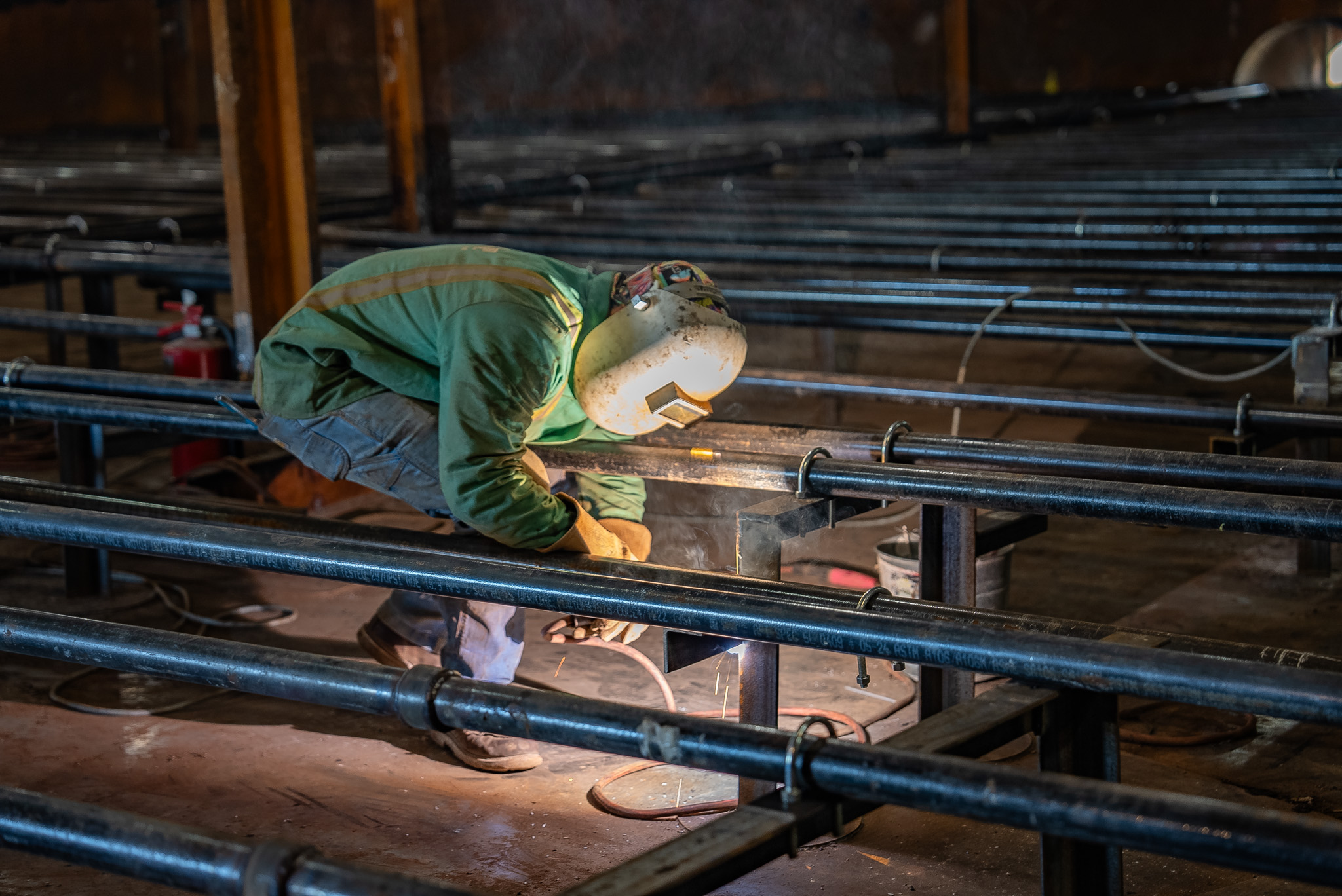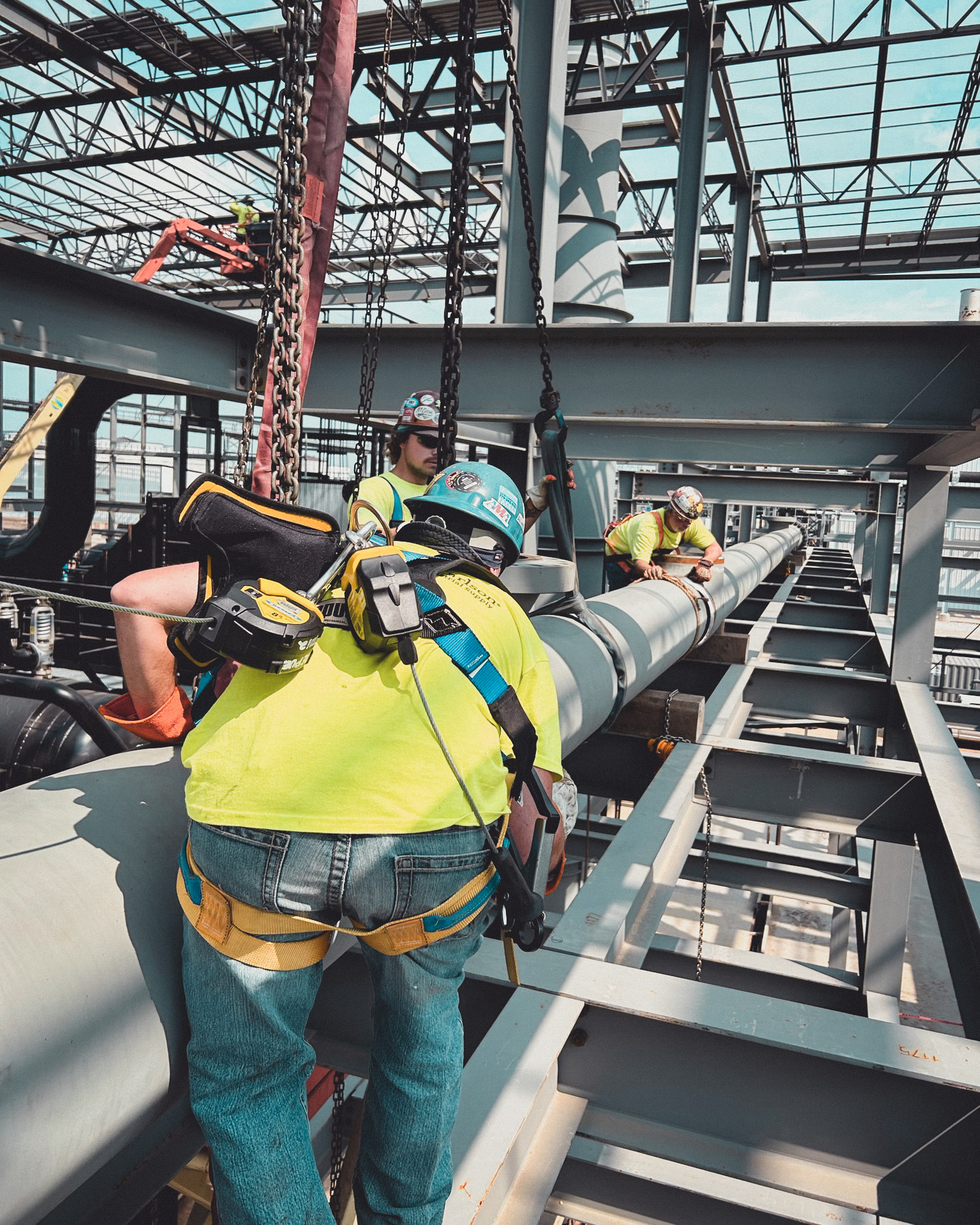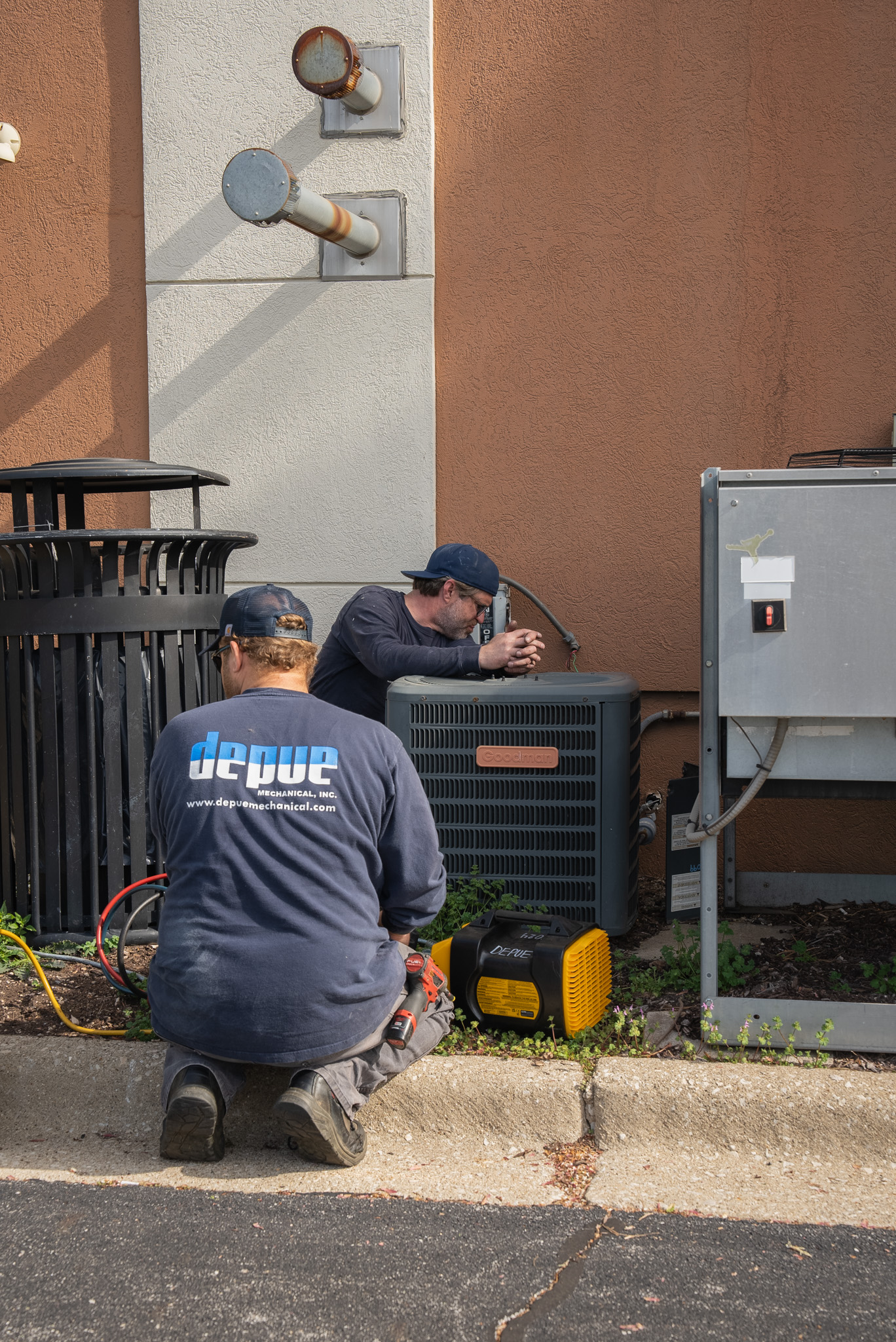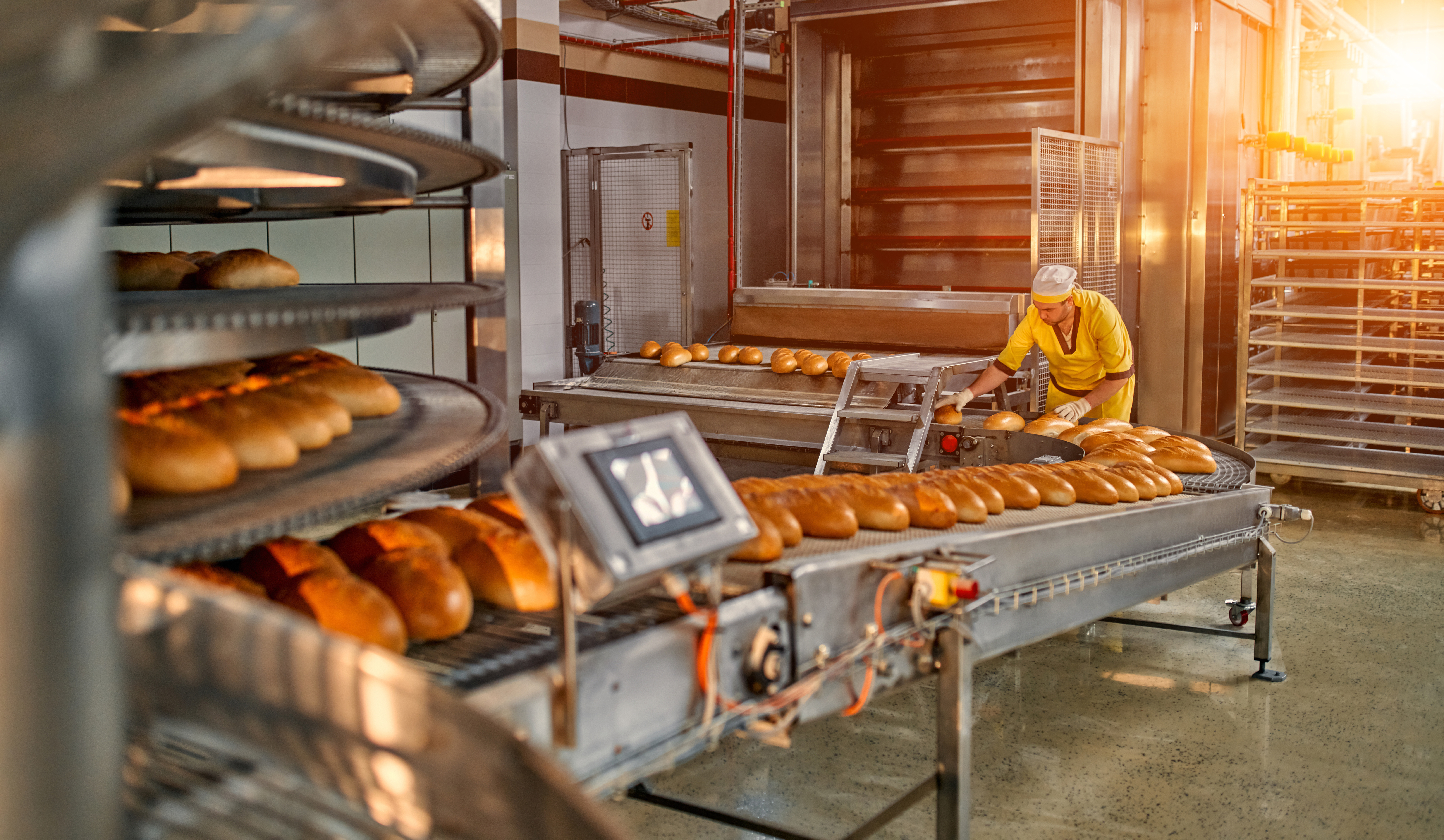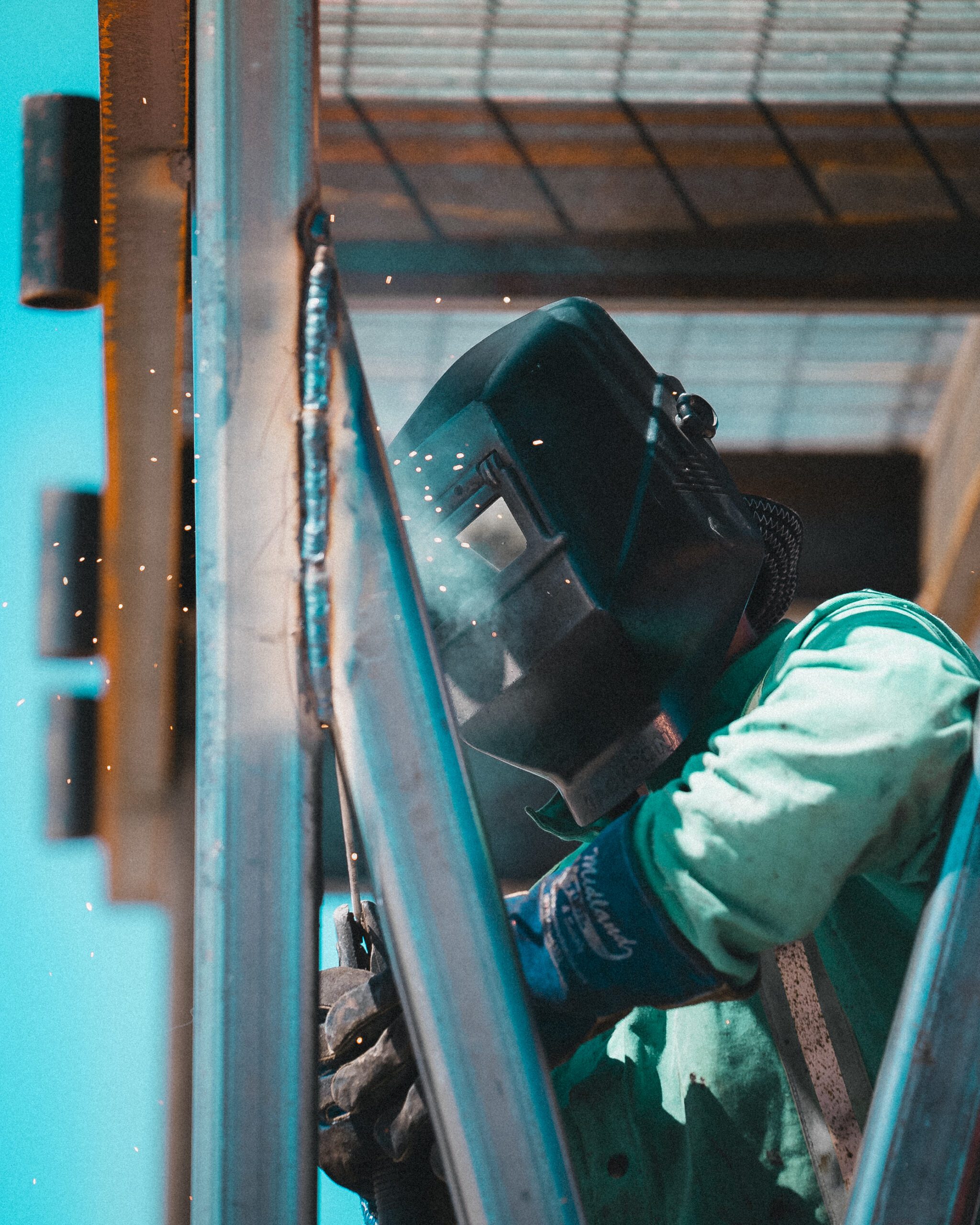Don’t let the wrong sub blow your schedule—or your reputation.
As a general contractor, you’ve got enough plates spinning. Schedules, permits, inspections, client expectations—there’s no room for a piping subcontractor who can’t keep up, communicate, or pass inspection the first try.
Piping is the backbone of many industrial and commercial facilities. If it’s not installed correctly, everything else—equipment, HVAC, production systems—grinds to a halt.
Whether you’re putting together your next bid list or rethinking who you bring back for future phases, here are five non-negotiables every GC should expect from their piping subcontractor.
1. Code-Compliant Work That Passes Inspection the First Time
There’s nothing worse than watching your job hit pause while an inspector fails a pressure test or flags a missing weld report. Your piping subcontractor should be fluent in ASME Section IX, weld procedures, and documentation—because compliance isn’t optional.
At DePue Mechanical, every weld is performed by ASME-certified welders with full traceability:
-
WPS (Welding Procedure Specifications)
-
PQR (Procedure Qualification Records)
-
Welder continuity records
We maintain internal weld logs so when inspectors ask, we’re ready. It’s just one way we help GCs stay ahead of delays.
2. Clear Communication & Field Coordination
No GC wants to babysit their sub. Your piping contractor should proactively coordinate with field supers, flag potential tie-in conflicts, and stick to sequencing—without being chased down.
DePue communicates with your team in real time. Our crews align with your schedule, adapt to field changes, and don’t disappear when it’s time for close-out.
And yes—we pick up the phone.
3. Experience with Your Industry & Facility Type
Installing steam piping in a chemical facility is not the same as food-grade process piping. Your mechanical subcontractor should bring hands-on experience with your project type and materials.
At DePue Mechanical, we’ve installed:
-
Food & beverage piping with stainless and sanitary welds
-
Chemical and process gas systems with double containment
-
High-pressure piping for steam, water, and air
-
Specialty systems in cleanrooms and lab environments
We understand the standards, startup sequences, and inspection quirks that come with each type.
4. Safety, Compliance & Documentation
Nothing slows a project like a safety violation or missing permit paperwork. Expect your piping subcontractor to come with:
-
OSHA-trained crews
-
Site-specific safety plans
-
Permit coordination
-
QA/QC documentation
-
Support for third-party inspection
We bring more than tools—we bring peace of mind. Our internal weld tracking and compliance systems help you pass inspections the first time.
5. Ability to Scale and Adapt to Changing Site Conditions
When schedules shift or shutdown windows tighten, you need a sub who can flex without excuses.
DePue offers:
-
Crew scaling for shutdowns and tie-ins
-
In-house prefab piping to accelerate field installs
-
Off-shift work when your schedule demands it
-
Real-world solutions—not hold-ups
We act like a partner, not just a subcontractor. That’s how we help GCs finish strong.
Why GCs Choose DePue Mechanical
When you need a piping subcontractor who:
✅ Knows code compliance inside and out
✅ Communicates clearly with supers and PMs
✅ Has experience across multiple facility types
✅ Documents everything for safety and inspection
✅ Can ramp up to meet aggressive schedules
We check every box.
Related Services You May Need:
Frequently Asked Questions
What should general contractors look for in a piping subcontractor?
GCs should expect certified welders, code-compliant work, safety documentation, responsive communication, and flexibility in the field.
Do piping subcontractors need to be ASME certified?
If your project involves high-pressure systems, boilers, or process piping, then yes—ASME Section IX certification ensures welds meet strict code and inspection standards.
Can a piping subcontractor help with shutdowns or outages?
Absolutely. Reliable piping subs like DePue can ramp up crews, prefab piping offsite, and schedule tie-ins during shutdowns to minimize plant downtime.
How should GCs evaluate a piping bid?
Don’t just look at price—review the contractor’s safety record, documentation practices, certifications, and ability to hit schedule milestones.
What industries require specialized piping contractors?
Food & beverage, chemical processing, power generation, and cleanroom facilities all have unique piping requirements. Always choose a sub with experience in your vertical.
📞 Ready to Add Us to Your Bid List?
If you’re looking for a reliable piping subcontractor who gets it done right—and makes your job easier—contact DePue Mechanical or call us at 815-255-2500.
